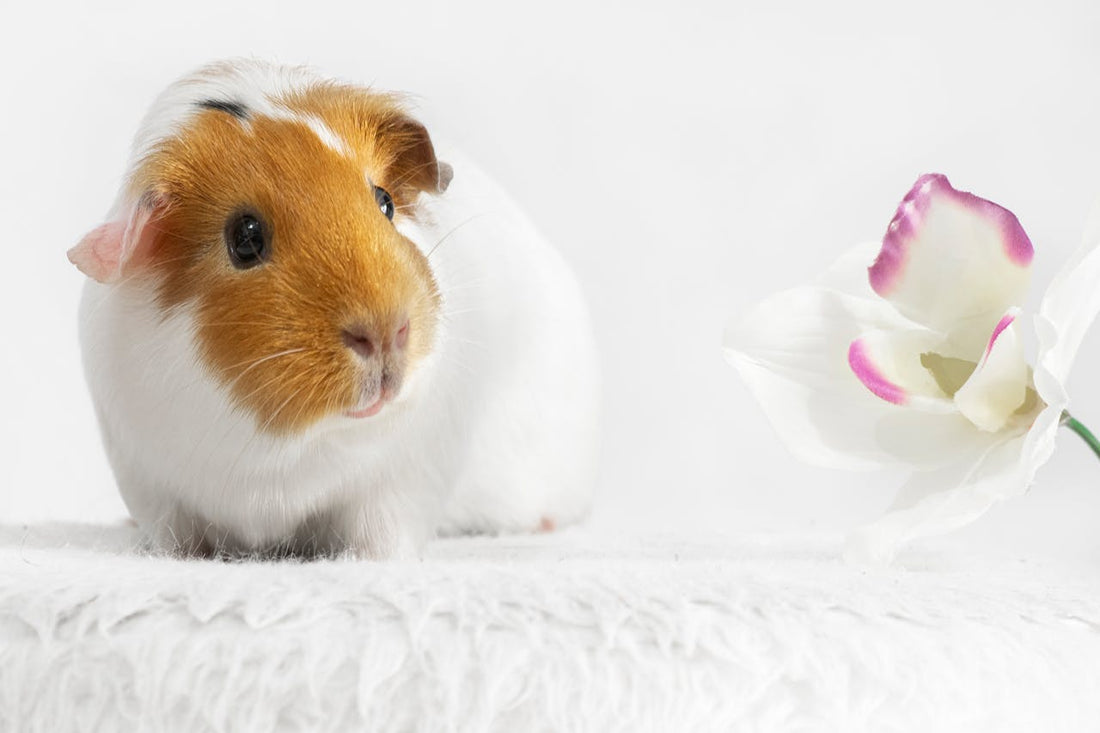Common Illnesses in Guinea Pigs

Guinea pigs are adorable, social, and relatively easy to care for, making them popular pets among families and individuals alike. However, like all pets, they can experience health issues that may require prompt attention. Understanding common illnesses in guinea pigs and recognizing their symptoms can help ensure your furry friend stays healthy and happy. In this article, we’ll explore some of the most common health problems in guinea pigs and how to spot them.
1. Dental Problems
Symptoms to Watch For:
- Difficulty eating or chewing
- Excessive drooling
- Swollen or bleeding gums
- Weight loss
Overview: Guinea pigs have continuously growing teeth, which means dental health is crucial. If their teeth become overgrown, it can lead to painful abscesses or difficulties eating. Regularly providing chew toys and monitoring their eating habits can help maintain healthy teeth.
2. Respiratory Infections
Symptoms to Watch For:
- Coughing or sneezing
- Nasal discharge
- Labored breathing
- Loss of appetite
Overview: Respiratory infections are common in guinea pigs and can be caused by various factors, including stress, poor ventilation, or exposure to cold drafts. If you notice any of the symptoms above, it’s essential to consult a veterinarian promptly.
3. Bloat (Gastrointestinal Stasis)
Symptoms to Watch For:
- Abdominal swelling
- Lethargy
- Loss of appetite
- Painful or distressed behavior
Overview: Bloat is a serious condition that occurs when gas builds up in a guinea pig’s digestive system. It can be caused by dietary changes, stress, or underlying health issues. Immediate veterinary attention is necessary if you suspect your guinea pig has bloat, as it can be life-threatening.
4. Urinary Tract Infections (UTIs)
Symptoms to Watch For:
- Frequent urination
- Blood in urine
- Straining to urinate
- Lethargy
Overview: UTIs can affect guinea pigs, particularly females. They may result from bacterial infections or bladder stones. If you notice any symptoms of a UTI, a visit to the vet is essential to diagnose and treat the condition effectively.
5. Scurvy (Vitamin C Deficiency)
Symptoms to Watch For:
- Lethargy
- Swollen or bleeding gums
- Weakness
- Loss of appetite
Overview: Guinea pigs cannot synthesize their own Vitamin C, making it vital to provide a diet rich in this essential nutrient. Symptoms of scurvy can develop quickly, so ensure your pet has access to fresh vegetables high in Vitamin C, such as bell peppers and kale.
6. Skin Issues
Symptoms to Watch For:
- Itching or scratching
- Hair loss
- Red, inflamed skin
- Scabs or sores
Overview: Skin problems can arise from various causes, including parasites (like mites), fungal infections, or allergies. Regularly check your guinea pig’s skin and fur for any abnormalities, and consult your veterinarian if you notice any concerning symptoms.
Prevention and Care Tips
- Regular Vet Check-ups: Schedule annual veterinary check-ups to ensure your guinea pig’s health and receive vaccinations if necessary.
- Proper Diet: Provide a balanced diet rich in hay, fresh vegetables, and high-quality pellets to prevent nutritional deficiencies.
- Clean Living Environment: Maintain a clean cage, change bedding regularly, and ensure proper ventilation to prevent infections.
- Social Interaction: Guinea pigs are social animals; spend time with them daily to reduce stress and promote mental well-being.
Conclusion
Being vigilant and proactive about your guinea pig’s health is essential for their well-being. By recognizing the common illnesses in guinea pigs and their symptoms, you can take swift action to ensure your furry friend receives the care they need. If you ever have concerns about your guinea pig’s health, don’t hesitate to consult your veterinarian.
